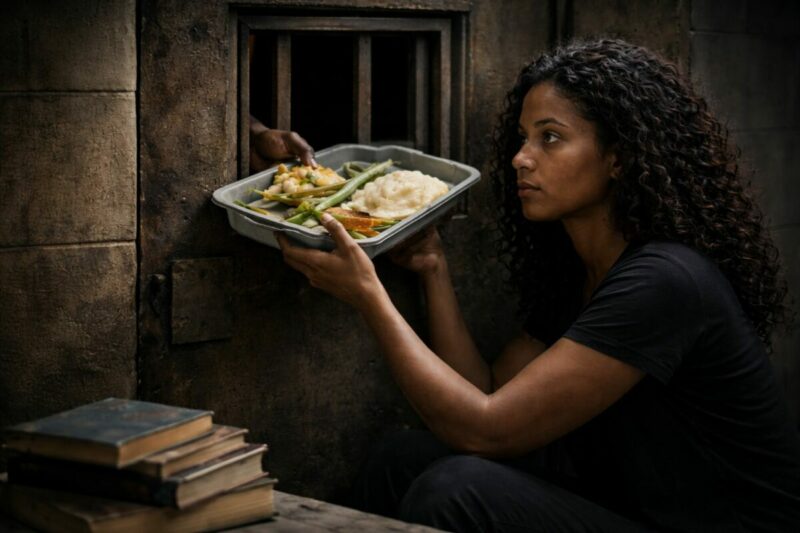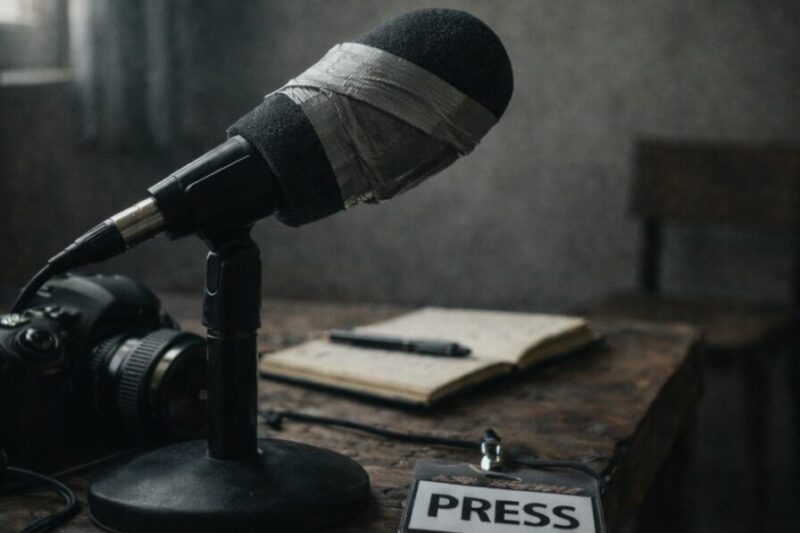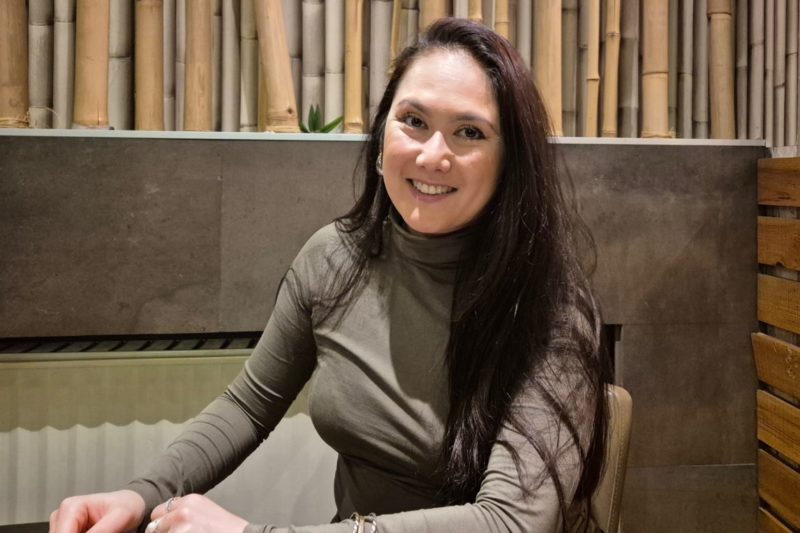The breath of the city liberates : des « Mots à Défendre » festival
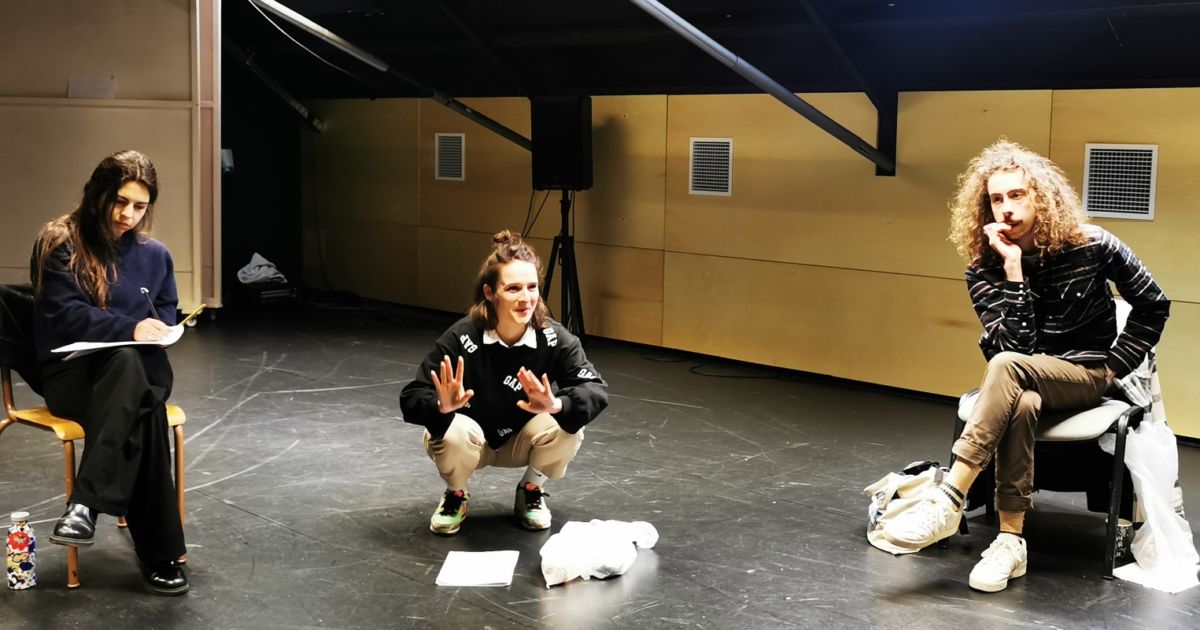
The play Mots en Exil is a component of "Des Mots à Défendre" festival, which is put on by the Théâtre National de Wallonie-Bruxelles in association with a number of activities titled "Paroles menacées, chercheurs et chercheuses en danger" ("Words under Threat, Scholars at Risk") that are organized by the Université Libre de Bruxelles.
Students studying for a Master’s in Performing Arts at the ULB and a Master in Interpretation and Practice at the Royal Conservatory of Brussels present their poems, autobiographies, and other works at the Théâtre National Wallonie- Bruxelles, capital of Europe, academic freedom, artistic freedom and freedom of expression are rearticulated by “Des Mots en exil” Words in Exile. It looks like, The breath of the city is set free.!
The play Mots en Exil is a component of “Des Mots à Défendre” festival, which is put on by the Théâtre National de Wallonie-Bruxelles in association with a number of activities titled « Paroles menacées, chercheurs et chercheuses en danger » (« Words under Threat, Scholars at Risk ») that are organized by the Université Libre de Bruxelles ULB. The dramaturg Sylvia Botella created the joint project “Les Mots en Exil”, which includes faculty members and students from the Université Libre de Bruxelles and the Conservatoire Royal de Bruxelles, as well as representatives from the Dramacité, En-Gaje, and Media Latitudes.
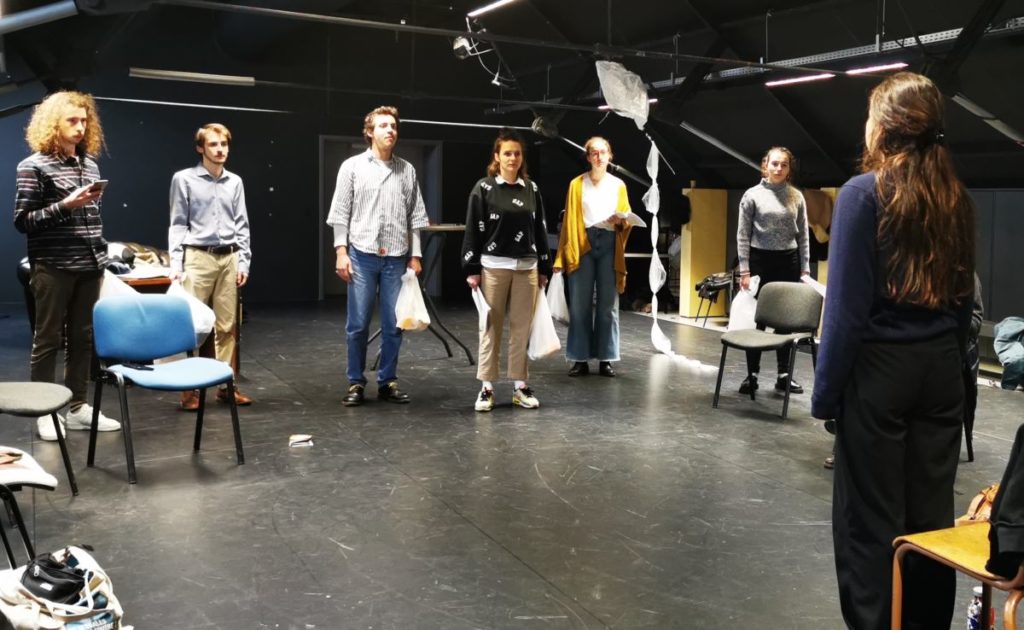
For their work, opinions, and art, scholars, journalists, and artists around the world face threats, censorship, harassment, imprisonment, torture, and even execution. Many are forced to seek safety elsewhere. To limit their freedoms is to limit ours, and thus threaten democracy.
Les Mad Festival is a brand-new festival. It will take place over two weekends: from 10 to 12 March, and from 17 to 19 March. In this first edition, 31 artistic projects are present. The “Pose for Freedom” exhibition is open as part of the “Words under Threat, Scholars at Risk” event from 17 February to 16 March 2023 on the Solbosch Campus, in the hall of the K building.
As a follow-up to the “Pose for Freedom” exhibition and the“Words under Threat, Scholars at Risk” program at the Université Libre de Bruxelles, as well as the general assembly of ICORN (The International Cities of Refuge Network), MAD presents “ Les Mots en exil” Words in Exile.
Latitudes is a partner
Media Latitudes is a partner of the “ Des Mots à Défendre” (“Words to Defend”) project, which takes place at the Théâtre National de Bruxelles. In that context, Media Latitudes spoke with students from the ULB who are participating in the event. The authors of these shows are journalists in exile and researchers.
Varenka Theunynck theatre director and co-founder of Dramacité told Latitudes that these hybrid performances and installations are being prepared and presented by students from both the ULB and the Conservatoire. They are all based on texts collected by Vanessa Frangville, a professor in China Studies at the ULB. All texts were created by researchers’ academics, creatives, journalists, and writers who had to flee their home countries in order to continue working or whose right to free expression had been or is being restricted.
People are threatened, persecuted, rendered silent, jailed, harassed, followed, tortured, or executed all over the world simply for speaking, writing, or sharing their opinions. Together with the students, we searched for approaches to communicate some of these written in exile, prison, or fear to an audience. She stated. We look forward to 18 March, when words written in silence will resonate as they are spoken out loud, he added.
Varenka stated that we focused on defending, transmitting, and reading these words as mediators during this process rather than incorporating or acting in their place. Along the way, we also took the opportunity to share our work-in-progress with scholars, authors, and journalists who have either written some of the texts or have encountered similar experiences. This allowed us to reflect on each person’s unique experience while also talking about what the concepts of « exile » and « danger » actually mean.
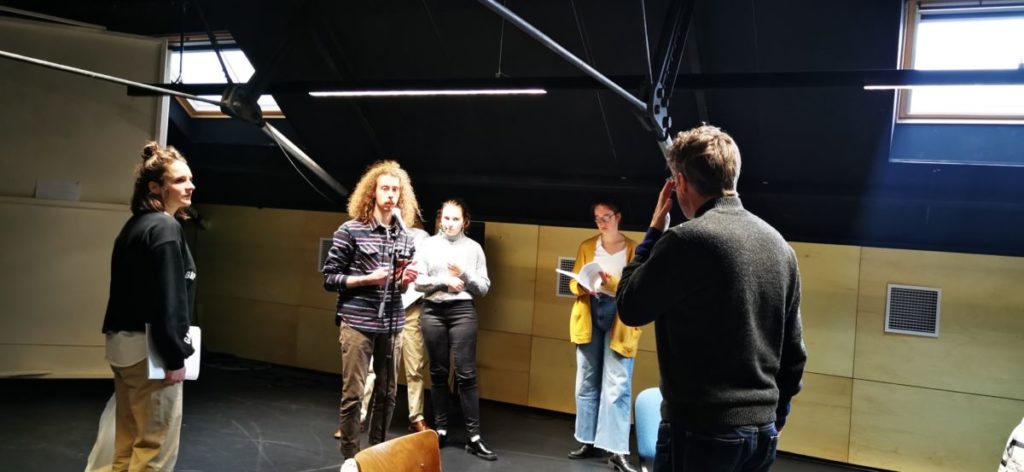
This led to three 20-minute performances, an installation, and a few shorter, more personal readings for smaller groups. All of these have the straightforward purpose of forcing an audience to pay attention to perspectives that are far too frequently ignored.
Roy Hankach, originally from Lebanon and a Master’s student in communication at ULB, is collaborating with the Conservatory students on this project. He has noted that this is an excellent chance to converse with people from various backgrounds. We collaborate to determine how best to convey the experience and express ourselves using the provided materials.
Scholars, poets and journalists in exile
“For me, this show is very important and I have a positive feeling about being a part of this project and experiencing it,” says Roy. “We will be able to exhibit what we are working on at the national theatre. So, in my opinion, this is a wonderful and fantastic platform to communicate the content of this project, which is the writings of scholars, poets, and journalists in exile.”
« It’s a great experience to ask questions about what it means to be exiled and why. »
He added that exiles have the opportunity to speak out and talk about these kinds of issues. “It’s a great experience to ask questions about what it means to be exiled and why. I don’t think we can ever know the feeling of exile, but I know it’s difficult and sad. Maybe we can identify some parts of it. Even if we can imagine, trying to put ourselves in that position, it is still very difficult. We have a lot of sympathy for them.”
Roy thinks it’s always good to ask these questions: when do we stand up for democracy? When do we speak out? While all of these questions are addressed here, they are not in many countries.
Cases of exile to be defended and to be expressed
In the case of some exiles such as Palestinians or in the case of Uyghurs in China, it is more difficult to ask these questions. Uyghurs, he said, are concentrated in re-education camps and their voices are absolutely silenced by the totalitarian regime; they need their words to be defended, and that is exactly what we are trying to show. Roy adds, “I think that in some parts of the world, there are cases of exile that need to be defended, there are cases that need to be expressed; for me, the most interesting thing is to build a bridge to the realities. In these cases, you can imagine that you are facing a problem and you hope that it can help you in your work.”
Lucas Monton, a master’s student in curating at the Brussels Academy who is working with the ULB student on this project, told Latitudes’ reporter: “I have never worked on the theme of exile, I have never written or spoken about this subject in my work.”
He said: “It’s the first time I’ve done this. And the point is to show that as an exile, I think it is necessary to speak out in certain cases to defend the words of freedom.” The second point is that these texts were written by poets, researchers, and journalists in exile. The real purpose of this project is to give a voice to those who cannot express themselves in their own countries. Lucas expresses himself and said, “I believe that my voice and the voice of my entire group depends entirely on this effort.”
« That is why we want to play this role and breathe freedom!”
“The first time, we read all these texts by ourselves and had to choose the one that spoke to us and appealed to us the most. For our group, we chose and started early on huge, horrific texts about the mass murder of the 4 June students in China (LIU Xiaobo). The Chinese writer was not in exile, but he was forced to stay home because he had brought a very formative text against the government. We had this image of this man with a plastic bag in front of a tank, we had an image in the magazines that was called “the man stopped the tanks” or TANK MAN and we had to work with that because Europeans know this image. A man alone with his difficulties. »
“The story is incredibly sad”, Lucas added, “because you cannot express yourself and there is no freedom. That is why we want to play this role and breathe freedom!”
The voice of the young actor changed when he read a small part of the text that touched him emotionally. He is, however, excited to appear onstage and is looking forward to performing this show in the Théâtre National soon.
Here is an extract from Lucas’s text that he likes it :
Si dans l’oubli et la terreur
Ce jour-là a été enterré
Dans la mémoire et le courage
Il vit éternellement
C’est une pierre immortelle
Et les pierres peuvent crier
C’est l’herbe folle et persistante des cimetières
Et l’herbe folle peut voltiger
Son tranchant s’enfonçant en plein cœur
Afin que la mémoire du sang versé ait l’éclat de la neige
Lucas hope On March 18, as much as it is possible, participation in this theater show.


